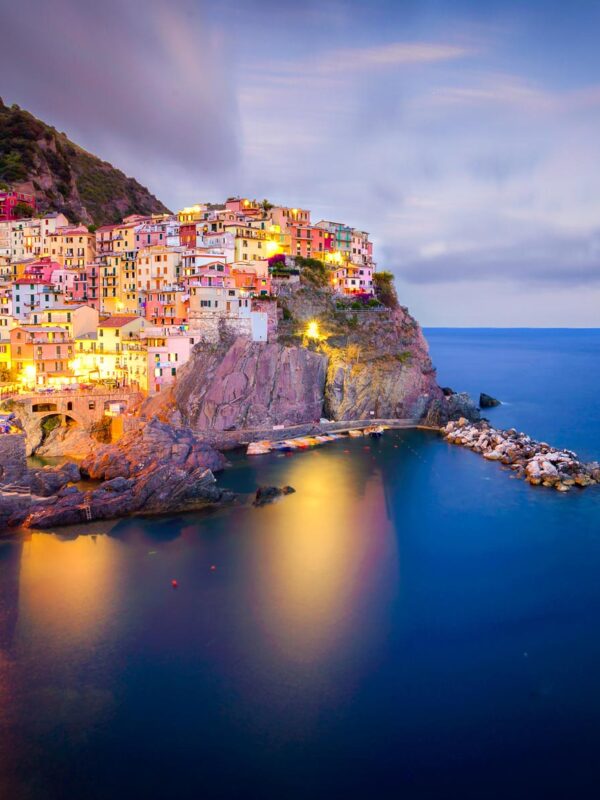In the ever-evolving landscape of hospitality, the concept of smart hotels has emerged as a beacon of innovation and luxury. As we stand on the cusp of a technological revolution, the future of smart hotels promises to redefine the way we experience travel. For travel agents, lifestyle influencers, and hotel managers, understanding these innovations is crucial to staying ahead in an industry where authenticity and connection are prized.
In a world where technology seamlessly integrates into our daily lives, the concept of connected hotel rooms is no longer a distant dream. These rooms are designed to offer guests a personalized experience, where convenience and luxury intersect. Imagine entering a room where the lighting adjusts to your mood, the temperature is set to your preference, and your favorite music plays softly in the background.
Connected hotel rooms utilize the Internet of Things (IoT) to create an environment that adapts to the needs of each guest. With a simple tap on a smartphone or a voice command, guests can control various aspects of their room, from the blinds to the television. This level of personalization not only enhances the guest experience but also offers a glimpse into the future of hospitality.
The integration of smart technology in hotels is not just about convenience; it’s about enhancing the overall guest experience. By leveraging data and analytics, hotels can offer tailored recommendations for local attractions, dining options, and events near the hotel. This personalized approach allows guests to connect more deeply with their destination, fostering a sense of belonging and authenticity.
For travel agents, the appeal of connected hotel rooms lies in their ability to offer clients a unique and memorable stay. By curating itineraries that include smart hotels, agents can provide their clients with an experience that is both luxurious and seamlessly integrated with the local culture.
While technology is at the heart of smart hotels, it is the emphasis on authentic experiences that truly sets them apart. Today’s travelers seek more than just a place to stay; they crave meaningful connections with the places they visit. Smart hotels are rising to this challenge by offering curated experiences that highlight the local culture and heritage.
These hotels often partner with local artisans, chefs, and cultural experts to provide guests with exclusive access to the region’s hidden gems. Whether it’s a private tour of a historic site, a cooking class with a renowned chef, or a workshop with a local artist, smart hotels are redefining luxury as an immersive and culturally enriching experience.
For lifestyle influencers, smart hotels offer a treasure trove of content opportunities. The blend of cutting-edge technology and authentic experiences makes for compelling narratives that captivate audiences. By showcasing the unique offerings of smart hotels, influencers can create engaging stories that resonate with followers seeking genuine travel experiences.
Hotel managers, too, can benefit from embracing storytelling as a tool for attracting discerning travelers. By highlighting the hotel’s commitment to local culture and sustainability, managers can position their property as a destination for travelers who value depth and authenticity over superficial extravagance.
As the world becomes increasingly aware of the importance of sustainability, smart hotels are leading the charge in eco-conscious travel. From energy-efficient systems to sustainable building materials, these hotels are designed with the environment in mind. Guests can enjoy luxury without compromising their values, knowing that their stay has a minimal impact on the planet.
Smart hotels often incorporate green technologies such as solar panels, rainwater harvesting systems, and smart thermostats to reduce their carbon footprint. Additionally, many of these hotels are committed to supporting local communities through sustainable practices and partnerships with local suppliers.
Technology plays a crucial role in the sustainability efforts of smart hotels. By utilizing data analytics, hotels can optimize energy usage, reduce waste, and enhance operational efficiency. This not only benefits the environment but also results in cost savings that can be reinvested into creating even more exceptional guest experiences.
For hotel managers, embracing sustainability is not just a trend; it’s a necessity. By adopting eco-friendly practices, managers can attract a new generation of travelers who prioritize environmental responsibility. This commitment to sustainability can be a powerful differentiator in a competitive market, setting the hotel apart as a leader in responsible hospitality.
As we look to the future, the potential of smart hotels is limitless. Advances in artificial intelligence, virtual reality, and augmented reality promise to take the guest experience to new heights. Imagine a hotel where your personal AI assistant greets you upon arrival, or where virtual reality tours allow you to explore the local area from the comfort of your room.

These innovations are not just about enhancing convenience; they are about creating a seamless and immersive experience that allows guests to connect with their destination on a deeper level. For travel agents, lifestyle influencers, and hotel managers, staying informed about these trends is essential to remaining relevant in an industry that is constantly evolving.
The future of smart hotels is a future where technology and authenticity coexist in harmony. By embracing innovation and prioritizing genuine experiences, smart hotels are redefining luxury for the modern traveler. For those in the travel industry, understanding and leveraging these trends is key to delivering exceptional value and creating memorable experiences for clients and guests alike.
In the end, the allure of smart hotels lies not just in their technological prowess but in their ability to offer a window into the soul of a destination. As we journey into this new era of hospitality, let us celebrate the beauty of connection, the richness of culture, and the promise of a more sustainable world.


